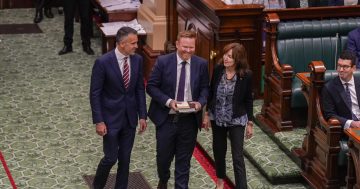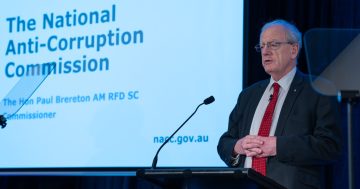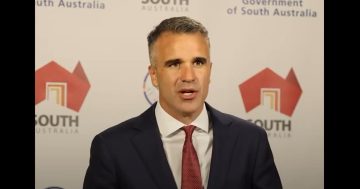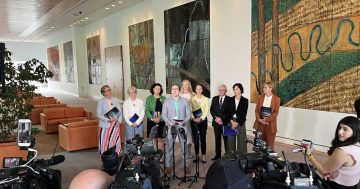ZAMBIA
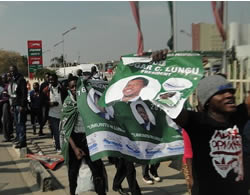 An Opposition politician has claimed that “political cadres” have infiltrated the Zambian Public Service, compromising delivery of services to the people.
An Opposition politician has claimed that “political cadres” have infiltrated the Zambian Public Service, compromising delivery of services to the people.
Costain Chilikwazi, who represents the United Party for National Development in Parliament, said the ruling Patriotic Front (PF) leadership was entertaining a situation in which political party cadres were being appointed to positions in the Public Service.
“We noticed with sadness a situation where the current regime, the PF leadership, is condoning the tendency where PF political party cadres are being given positions in the Civil Service,” Mr Chilikwazi said.
“People who are not technocrats, party cadres without technical knowhow, are being given senior positions.”
A former PF Member before switching parties, Mr Chilikwazi said appointments to the Public Service should be made on merit and not on political or tribal lines if the country was to attain quality Public Service delivery.
“Too many Civil Servants are paper movers in Government Departments who are conniving with politicians from the ruling party and are engaging in corrupt activities,” he said.
“We have had instances where party cadres are influencing some tender procedures and subsequent awarding of contracts in Government Departments.”
Mr Chilikwazi said some officers in procurement would even tell a contractor to contact particular political cadres who might influence the tendering process so they would be awarded a contract.
He said this created a “vicious cycle which is making the fight against corruption very difficult in the current PF Government”.
Meanwhile, Secretary to the Cabinet, Dr Simon Miti has announced an indefinite extension of the travel ban applying to senior PS staff.
Dr Miti said this was in line with the austerity measures that had been put in place to attain fiscal stability and restore the economy.
The travel ban was originally been put in place for 90 days and was due to expire on 1 September.
Dr Miti said exceptions to the ban might be granted in “rare and convincing situations”.
Lusaka, 1 September 2019


